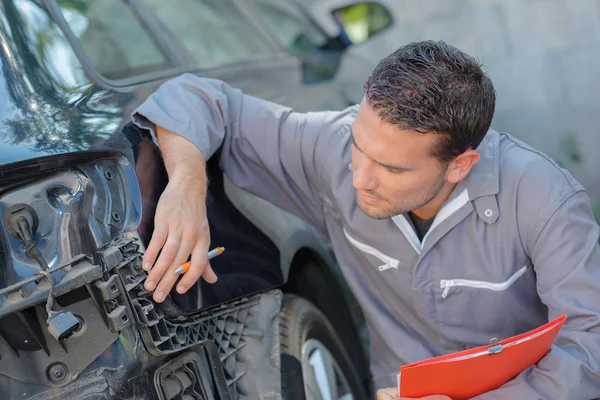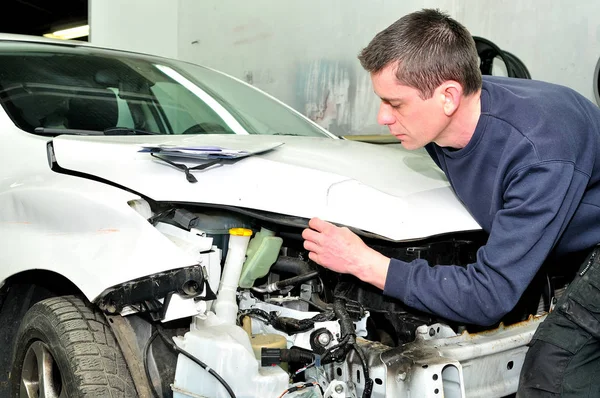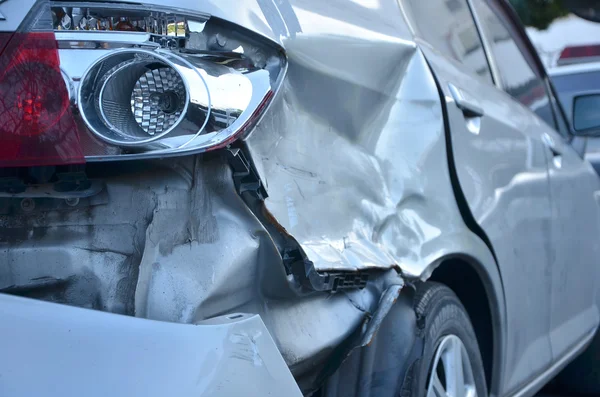Save Money On Collision Repair: Expert Tips You Haven’t Heard
Incidents on the road are inevitable, and although dealing with vehicle damage can be overwhelming, the costs associated with collision repairs can feel even more intimidating. Fortunately, there are strategies to reduce expenses for these repairs without sacrificing quality. In the following sections, we will explore some expert advice that you might not be familiar with, aimed at helping you minimize your expenses while ensuring your car is brought back to its original condition.
Understand Your Insurance Policy
A crucial initial step in reducing expenses for collision repairs is to grasp the details of your insurance policy. Many drivers are unaware of what their coverage includes, which can result in unforeseen expenses.
Comprehensive vs. Collision Coverage
Comprehensive insurance protects against damages that aren't related to collisions, such as theft, natural disasters, or vandalism. In contrast, collision insurance covers damages resulting from accidents with other vehicles or objects like trees and fences. If your policy only includes liability coverage, you won't be able to get your car repaired after an accident. It's important to examine your policy and confirm that you have the right type of coverage to avoid unexpected expenses in the future.
Leverage Your Deductible
Selecting the appropriate deductible involves finding a middle ground between reducing your monthly payments and keeping your out-of-pocket expenses low. Opting for a higher deductible can lead to decreased insurance premiums, but it also means you'll have to cover that amount before your coverage takes effect if an incident occurs. If the cost of repairs falls below your deductible, you could end up covering those expenses on your own. It's important to choose a deductible that fits within your financial comfort zone for unexpected costs.
Shop Around for Repair Estimates
A common error individuals make is selecting the first auto body repair shop they come across, frequently opting for the one suggested by their insurance provider. It's advisable to obtain several quotes to guarantee that you are receiving a reasonable offer.

Why You Shouldn’t Always Go with Insurance-Recommended Shops
Although it might be tempting to go with a repair shop recommended by your insurance company, these shops frequently have contracts with insurers that can restrict the types of repairs they carry out or the quality of parts they utilize. This doesn’t mean you should completely disregard these shops, but seeking additional estimates from independent repair facilities could lead you to more competitive prices or superior workmanship.
Independent Shops vs. Dealerships
Auto dealerships usually charge more for labor and often suggest using OEM (Original Equipment Manufacturer) parts, which come with a higher price tag. In contrast, independent repair shops frequently utilize aftermarket parts or provide more affordable labor rates, allowing you to save money while still maintaining quality. However, it's important to select a shop that has a solid reputation and offers a warranty on their services, regardless of whether they use OEM or aftermarket components.
Consider Used or Aftermarket Parts
A significant method for reducing expenses is to evaluate the kinds of components utilized in the repair process. While original equipment manufacturer (OEM) parts generally represent the highest cost, they are not the sole choice available.
Used Parts
Salvaged components, frequently obtained from junkyards, can serve as a budget-friendly option, particularly for vintage cars. These parts are generally far less expensive than brand-new ones and can function equally well if chosen wisely. It's important to verify that the used parts are in satisfactory condition and don't hesitate to inquire with your mechanic about whether they offer warranties on these components, even if they are pre-owned.
Aftermarket Parts
Third-party manufacturers produce aftermarket parts, which often come at a lower cost compared to OEM parts. Although there are concerns regarding the quality of these aftermarket components, many are produced to standards comparable to those of OEM parts. It’s essential to verify that any aftermarket parts you consider are certified and suitable for your vehicle. A reputable repair shop can assist you in assessing whether these options are appropriate for your needs.
Time Your Repair Strategically
The timing of your repair can influence the cost of collision services. By employing specific tactics, you may be able to sidestep higher expenses.
Avoid Peak Seasons
Auto repair facilities often experience peak activity during specific seasons, especially in winter when slippery roads increase accidents. If you can, try to arrange your repairs during quieter periods of the year; this may allow you to negotiate reduced labor costs and receive your vehicle back more quickly.

Wait for Non-Urgent Repairs
If the harm to your car is merely superficial and doesn’t impact its ability to drive, you could consider postponing the repairs until a more convenient time. For instance, if you expect a bonus or tax refund soon, planning your repair after receiving that extra money can help make the cost easier to handle.
Use Paintless Dent Repair (PDR) When Possible
Not every type of damage necessitates extensive repairs. For vehicles with small dents or minor imperfections, paintless dent repair (PDR) can help you save a considerable amount of money.
How PDR Works
PDR utilizes specific instruments to carefully reshape the metal back to its original form while preserving the paint. This technique is faster and more cost-effective compared to conventional body repair, which typically involves sanding, filling, and repainting the affected section.
When to Use PDR
Paintless Dent Repair (PDR) is perfect for addressing small dents, including those from hail or minor accidents. As long as the paint remains intact without any cracks or chips, PDR can rejuvenate your vehicle's look at a significantly lower price compared to conventional repair methods.
Be Prepared for Hidden Costs
Additional Damage Discovered During Repairs
When your vehicle is disassembled, the repair shop might discover further damage that wasn't apparent during the first examination. This may involve:
- Structural issues: Undetected harm to the chassis or suspension components.
- Electrical issues: Wiring damage that may not be obvious at first glance.
Request that the repair shop update you on any unforeseen expenses and provide a revised estimate before carrying out any additional repairs.
Rental Car Expenses
If your vehicle is undergoing repairs, you may require a rental car. Verify if your insurance policy includes coverage for rental costs or if the repair facility offers such services.
- Courtesy cars: Certain repair shops provide a complimentary vehicle for you to use while yours is being serviced.
- Reduced rental rates: Some repair facilities collaborate with rental agencies to offer lower prices on rentals.
110 E 43rd St, Suite 120
Garden City, Idaho 83714, USA
Phone: (208)-251-5338

